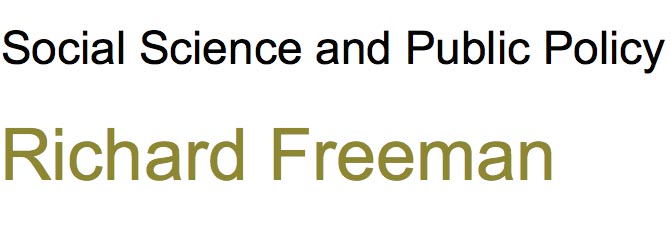The question is important because making policy engages a great number of people one way or another, and what they do they might do well or badly. Our standard answers are rather hazy, not least because policy making entails such great numbers of people doing a great number of things. The literature tends to have addressed the question in functional terms, outlining and defining – and endlessly debating – different sets of activities such as advocacy and agenda-setting, formulating and decision making, implementing and evaluating.
But what if we were to begin somewhere else, to explore policy as a set of human actions, as a form of work, as real-time, practical and physical ‘doings and sayings’? What do policy makers really do? What does their work entail? The answer is surprisingly simple: they ‘read, write, and have meetings‘.
